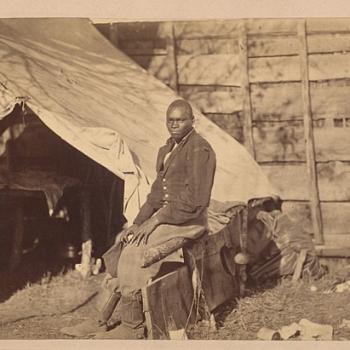Jack Lord’s Steve McGarret was Captain Kirk as a Catholic.
Hawaii Five O took traditional American morals through the late sixties and delivered them bruised, but intact to the very eve of the Reagan election. Not every show spawns a reboot, but Lord’s care with each episode and reinvestment in his property paid off in cultural memory. The show lasted long enough and spawned enough catch phrases (“Book ’em, Danno . . . murder one . . . two counts.”) that for adults my age merely mentioning the show puts the theme music in our heads. (Was there ever a show that used trumpets to better effect?)
If you do not believe that morals have decayed in pop culture, watch a few seasons of Hawaii Five O.
There was the slight pause at the hula dancer’s waist and a few bikini shots and by the moral standards of the time the tough issues discussed (child abuse, rape, terrorism) made it an “adult show” back when adult entertainment meant “difficult” and not “porn.” The show reinforced, it did not attack, traditional American values. Hard work was good. Business, especially Hawaii’s business, was to be protected from crooks and though many leftists were well meaning, they were also naive. One can watch the transition from late 1960’s optimism about the left, even the sound effects are borrowed from Star Trek, to late seventies pessimism.
The left begins the series as liberal and ends as counter-cultural and leftist, just as McGarret starts dressed like the Man in the Blue Suit and ends up in far too much polyester. One feels the snags and discomfort of the leftist to Jack Lord’s soul as much as one pities him the clothes his “fashion designer” wife begins to select for him.
The promises of the university professors turned out to be hollow . . . and though the show always admires “scientists,” it begins to take a justifiably dim view toward university administrators. The Greatest Generation aged well on the show, but are portrayed as bewildered by what the next generation, the early Boomers, were doing with the rich heritage and global dominance they had inherited.
Pearl Harbor, the location and the Day that will live in Infamy undergirds the backstory of the series. Was McGarret there or was he merely in Korea? It doesn’t matter, the show is careful to show Japanese Americans and Japanese culture in a positive light and must have helped heal wounds still festering in middle aged 1970’s hearts.
The young vets of World War II were my age now (about 50) when the show went off the air, in the youth of old age, and a viewer of Hawaii Five O gets the sinking feeling many in the Greatest Generation felt they had won the war and lost the peace.
Hawaii Five O is unwatchable to younger adults and the reboot is unwatchable for intelligent adults. The older show has dated acting, writing, and pacing: the set up for any mystery takes an amazing amount of time by contemporary standards. The newer show is even more dated in acting, writing, and pacing: the only advantage is that we live in the time that it reflects. The original often taps into timeless themes and values, the newer is simply over eager to be “cool” with all the failures that come with any such attempt.
Fifty years from now the original will be of importance in television history and the reboot will be a footnote to it.
Why?
Hawaii Five O marks one of the last moments when networks aired shows supporting the moral vision of traditional Christians. Already shows like Archie Bunker or Maude (now utterly unwatchable) were attempting to educate Americans in decadence, or to mock them as unsophisticated, rather then reinforce their morals. Jack Lord made scientists look cool and education necessary: Meathead on Bunker revealed to Americans that the college graduate was becoming parasitical on the working class.
Like the lesser Adam 12, Hawaii Five O entertained, even educated, within a framework that the Holy Father might approve using the best technology, story telling, and film techniques available at the time.
When he died Jack Lord, not a perfect man by any means, gave much of his money to Hawaiian charity. The fictional organization he headed for all those years became real, but his moral vision faded in the state that made him rich. The future would be with the his young viewers like Barack Obama of Hawaii who were influenced by their leftist professors more than by Jack Lord.
As a result, to paraphrase Steve’s most frequent order, the culture requires “maximum effort” is a “top priority” and tempts us to “drop everything” to deal with it.
I am sorry Jack Lord is not here to help.












